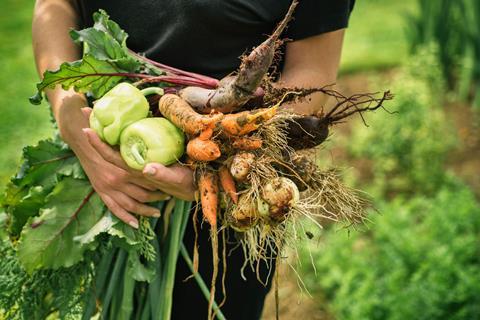Government funding awarded to Australian vegetable industry to explore export opportunities in EU and UK
The Australian federal government has awarded Ausveg new funding to help facilitate export growth to European markets.

The peak industry body for vegetable and potato growers received a A$121,000 Agricultural Trade and Market Access Cooperation (ATMAC) grant which is set to facilitate a study tour to the UK and EU.
Ausveg Chief Executive Officer Michael Coote said the ATMAC grant delivers significant value to fruit and vegetable growers and the broader horticulture industry.
“This will offer horticulture growers a unique opportunity to learn firsthand about the social, economic and governance compliance requirements on UK and EU growers and what expectations will be on Australian exporters to meet the same requirements,” said Coote.
Minister for agriculture, fisheries and forestry Murray Watt said the funding would help Ausveg tell new consumers about Australia’s world-leading food safety, sustainability and worker welfare standards.
“The Albanese government recognises that consumers and markets are increasingly wanting proof of the provenance of food and that it has been produced in a safe, sustainable, clean and green way. This grant will help Australian vegetable growers tell that story and ensure their world-class produce remains trade competitive,” Watt said.
Watt said the UK and EU had the potential to become increasingly important export markets for Australian fresh produce, with the UK Free Trade Agreement (FTA) coming into force recently and negotiations continuing on an FTA with the EU.
“Understanding the drivers in the UK and Europe for food safety and sustainability are key to enabling Australian exporters to adopt best practices, and to ensure that compliance barriers are not preventing Australian produce being retailed in supermarkets abroad,” said Watt.
“Supporting our vegetable producers to comply with evolving international standards—like the assurance scheme GlobalGAP—will help build their export capabilities and improve access to markets in places like the UK and EU.”






No comments yet